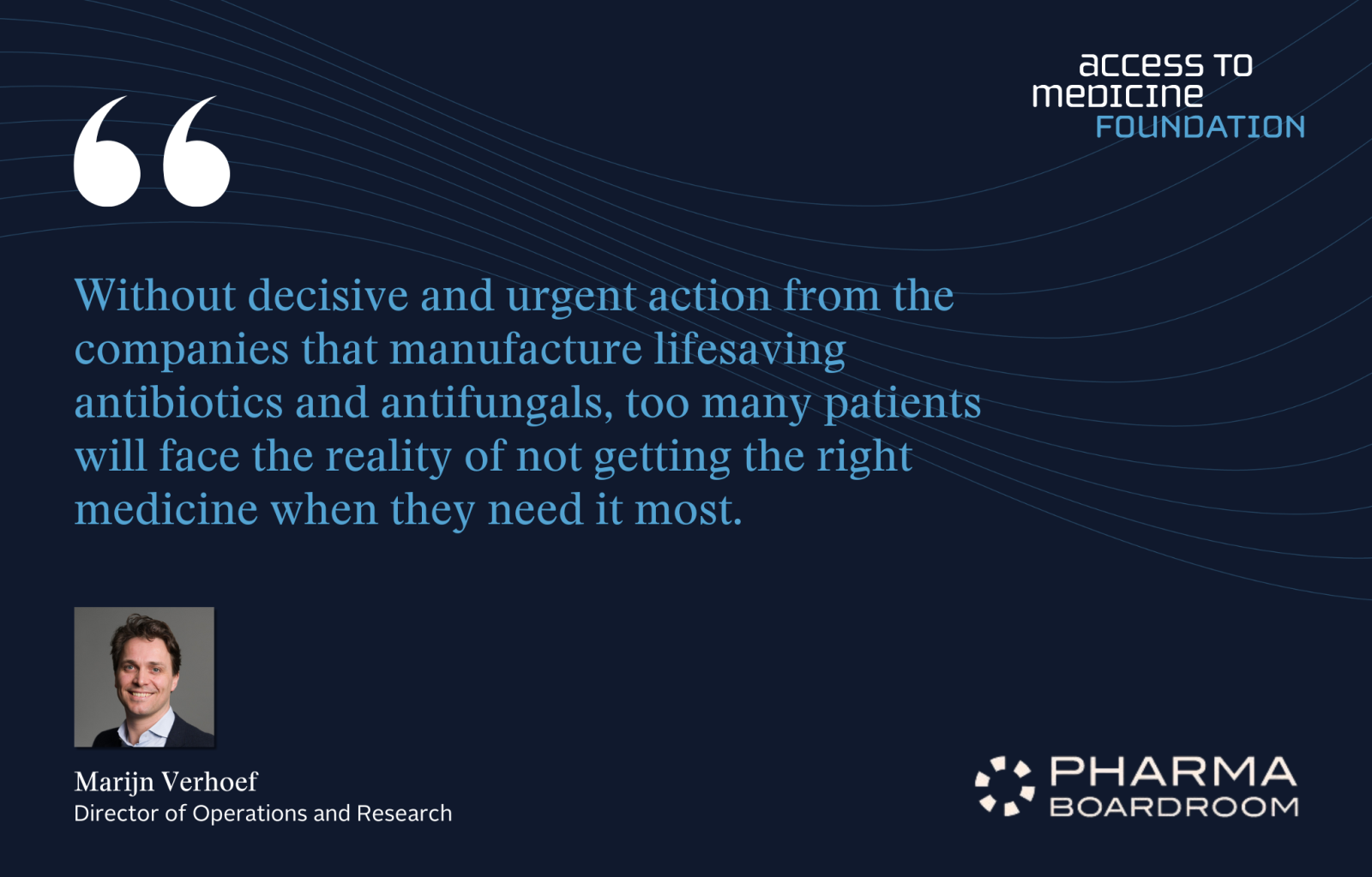Date
28 May 2024
Op-ed: Faced with fewer superbug-beating drugs, how can pharma get more promising medicines to patients?
Direct links

In his op-ed, Marijn lays out the critical next steps for tackling AMR, which revolve around better access and stewardship planning on behalf of pharma companies.
AMR, which renders existing medicines ineffective against superbugs, is spreading at an alarming rate, disproportionately impacting people living low- and middle-income countries (LMICs), especially women and children. Development of new antimicrobial drugs is an essential part of solving the problem.
In the article, Marijn references the Access to Medicine Foundation’s latest AMR report on R&D, which analysed five antimicrobial projects in late-stage clinical development that have the potential to save lives in LMICs.
While the drugs in scope of the report are promising, Marijn points out that their ability to save the lives of patients battling superbugs will be contingent on pharma companies creating better access and stewardship plans. Otherwise, these innovative drugs will never reach those who need them most.
